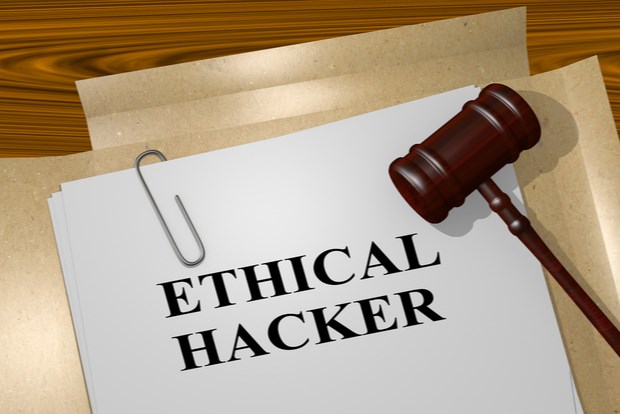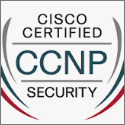Building A Career In Ethical Hacking
The demand for cybersecurity specialists is increasing day by day, and there are many reasons to pursue a career in cybersecurity. Amongst emerging jobs of 2020, cybersecurity roles offer competitive pay, growth opportunity, job security, exciting day-to-day tasks, and the chance to make a difference. Cybersecurity careers don't only consist of white hat hacking, there is a wide variety of different avenues that are fit for different personality types.
What is ethical hacking?
All the companies in the world are moving towards digitization and becoming more and more dependent on technology. What happens when someone attacks the system with malicious viruses and codes? Cyber attacks are a big deal and can harm companies in various ways like financial losses, information leaks, and even take down the entire business. Ethical hacking is when a friendly hacker tries to break into a system and identify its weaknesses, improving cyber resilience. There are worldwide guidelines developed by global Institutes on ethical hacking. Applying it, companies can test their resistance and get an assurance of safety. Ethical hackers help companies of all the sectors identify weaknesses and increase their cyber resilience so that the company's money, information, and reputation cannot be harmed.
Who can become an Ethical Hacker?
An ethical hacker is the most crucial part of IT and cybersecurity for any company. A good ethical hacker has the proficient knowledge of various operating systems, hacking processes and techniques and needs to be updated to stay prepared for any cyber threats. This, combined with good intention and passion for the industry, is one of the key aspects to succeed as an ethical hacker. If you aspire to become a white hacker or a cybersecurity professional, it is essential to have a Certified Ethical Hacking Certification (CEH). A CEH v9 or CEH v10 certification is made mandatory by most Indian companies if you want to join them as an ethical hacker. Global Information Assurance Certification (GIAC) and Offensive Security Certified Professional (OSCP) are two other globally renowned certifications; you can choose to enter the field of ethical hacking.
Responsibilities of an Ethical Hacker involves:
- Scan the system to find open ports that can be attacked.
- Orchestrate various network attacks
- Exploit buffer overflow vulnerabilities
- Examine patch installation and ensure they are up to date
- Search the deep corners of the network to find any potentially alarming information online, like passwords.
- Handle issues related to employee fraud and theft of systems or laptops.
- Enure proper working of intrusion prevention systems, firewalls, and honeypots.
- Fix and retrieve network control, hijacked web servers, cracked wireless encryptions, and hijacked web applications for any attack.
Apart from these, Ethical hackers have to continually run checks and develop ingenious ways to hack a system and predict or prevent such breaches from happening.
Job trend and Salary
Growing at a rate that is outpacing all other IT areas, cybersecurity has emerged as a rapidly growing field that will stick around for a long time to come. Possibly the most lucrative and demanding job of the decade, Cybersecurity professionals can benefit from the immense demand for internet security generating globally. As per NASSCOM, India is in need of more than a lack of ethical hackers every year, but hardly half of it is delivered. This has led to a lot of unfilled positions, so jobs are plenty, and they pay well too. Starting Salary of a certified ethical hacker in India is RS. 4 Lakhs per annum, which can significantly grow with experience. On average, an ethical hacker with experience earns anywhere between 15 Lakhs to 30 Lakhs per annum, making it one of the most lucrative jobs to emerge in recent times.


















Post a Comment